Exploring Pacific Data Sovereignty in the Age of AI
Exploring Pacific Data Sovereignty in the Age of AI
As the digital age accelerates, the concept of Pacific data sovereignty is becoming increasingly critical. This was the focus of Moana Connect's Pacific Data Sovereignty Event held on November 13, 2024. The event brought together thought leaders, technologists, and cultural guardians to discuss the intersections of artificial intelligence (AI), traditional knowledge, and Pacific cultural practices.
What is Pacific Data Sovereignty?
At its core, Pacific Data Sovereignty advocates for the control and ownership of data by Pacific communities, ensuring it aligns with our cultural values, principles and aspirations. This extends beyond mere storage to the ethical use, management and benefit-sharing of data generated within Pacific communities.
Key Takeaways from the Event
1) AI Must Serve Community Values
Dr. Karaitiana Taiuru emphasised that AI technology must prioritise local control and ownership of data. This means avoiding reliance on tools developed by foreign corporations and instead creating systems that reflect Pacific values and practices. “Be staunch for our traditional knowledge,” he urged, reminding attendees that some sacred knowledge need not be digitised but should instead be preserved for future generations in traditional ways.
2) Traditional Knowledge as Data
Peter Lucas Jones highlighted the importance of viewing traditional knowledge as data. “Language is the key to culture,” he said, warning that many corporations see cultural data as a resource to exploit. He emphasised the need for relationships—between generations, whānau, hapū, and iwi—to guide how data is collected and used in alignment with cultural values.
3) AI for Language and Connection
Keoni Mahelona shared how his team uses open-source tools to develop AI solutions for Te Reo Māori. He stressed the importance of community ownership over technology, warning against sharing language and culture with corporations that prioritise profit. "Find a specific problem," he advised, "and build a solution that aligns with community values."
4) Bridging the Digital Divide
Nu’uali’i Eteroa Lafaele addressed the challenges of bringing Pacific communities into the AI space, noting the digital divide many still face. Through education, masterclasses and community engagement, she advocated for preparing communities to navigate the opportunities and risks of AI.
5) The Risks of Data Misuse
Speakers like Jacinta Fa’alili-Fidow, member of the Pacific Data Sovereignty Committee, highlighted the risks of sharing data with systems that may not prioritise security or cultural sensitivity. She underscored the need to develop ethical and safe data tools while educating Pacific youth early to ensure they are equipped for future opportunities.
6) Open Source as a Gateway
Open-source technologies were a recurring theme, with several speakers advocating for tools that communities can access and modify. From Raspberry Pi hardware to platforms like Hugging Face, these solutions can empower Pacific technologists to experiment and build systems tailored to their needs.
Looking Ahead
Pacific Data Sovereignty Committee Chair, Ivan Tava, says the event showed the importance of Pacific communities leading the conversation on AI and data sovereignty. Attendees were encouraged to build networks, advocate for culturally aligned tech solutions, and educate future generations. As one speaker put it, "Just do it. Explore new opportunities, be brave, and take the first step."
The Pacific AI Summit planned for 2025, aligned with Tech Week, will likely continue this important conversation. It’s clear that Pacific data sovereignty isn’t just about technology; it’s about preserving and enhancing the cultural, linguistic, and community bonds that define the Pacific identity in the digital age.
Call to Action
To ensure Pacific voices lead in this space, communities must actively engage with AI, advocate for culturally aligned practices, and educate themselves about the opportunities and risks of this technology. Together, Pacific peoples can forge a digital future that respects and uplifts their rich heritage.
The Culture and Design Lab empowers workplace leaders to create social cohesion at work. We use indigenous knowledge, design, and strategy to foster inclusion and belonging in the workplace.
